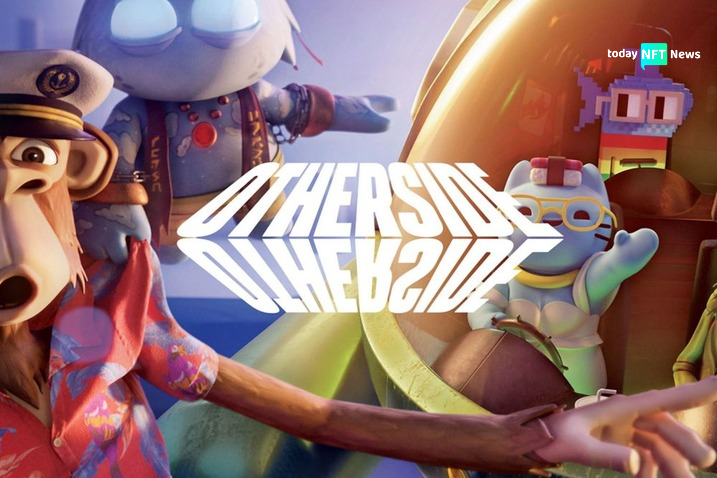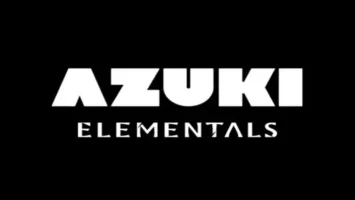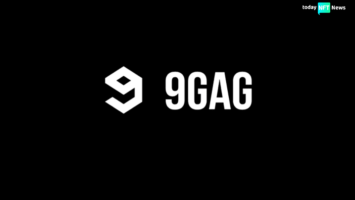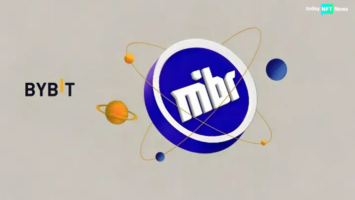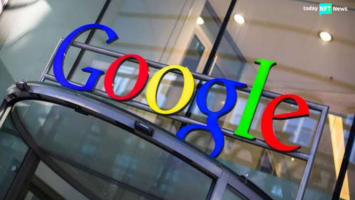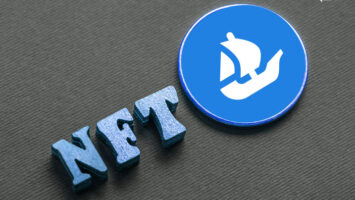SNEAK PEEK
- Yuga Labs unveils Otherside Metaverse, allowing users to create their adventures, sparking varied reviews.
- Telegram introduces revenue sharing for channel owners, offering 50% of ad revenue.
- These developments signal a shift in digital engagement and content monetization strategies.
Yuga Labs, the creative force behind the Bored Ape Yacht Club NFT collection, has unveiled a test version of its Otherside Metaverse. This immersive digital realm aims to empower users to craft their adventures with minimal hand-holding from developers. However, early explorers have emerged with conflicting impressions.
Some, like white-house.eth and jpegflippa expressed disappointment, likening the experience to a proof of concept rather than a fully realized endeavor. Conversely, ThePilot.x lauded the venture, praising its graphics and attention to detail, which captivated both themselves and their children.
Thoughts after the first of 3 Apes Come Home @OthersideMeta events 🧵 pic.twitter.com/zevh6UGXnV
— white-house.eth (@white_house_eth) February 29, 2024
It’s worth noting that Otherside Metaverse remains a work in progress, as emphasized by Yuga Labs. This unveiling follows a recent leadership change within the company, with Greg Solano taking the helm as CEO.
Meanwhile, messaging platform Telegram has introduced a revenue-sharing initiative for channel owners. Pavel Durov, Telegram’s CEO, announced that creators will receive 50% of advertising revenue from their channels. This move coincides with expanding the ad platform to nearly 100 additional countries.
Notably, Telegram is leveraging its TON blockchain for swift and secure transactions. Following this announcement, the value of toncoin, the blockchain’s native token, surged by nearly 30%, currently trading at $2.70.
Yuga Labs‘ Otherside Metaverse has sparked mixed reactions from early testers, highlighting the subjective nature of immersive experiences. Meanwhile, Telegram’s foray into revenue sharing represents a significant development in incentivizing content creation within its ecosystem. Both initiatives reflect ongoing efforts within the digital landscape to redefine user engagement and monetization strategies.



